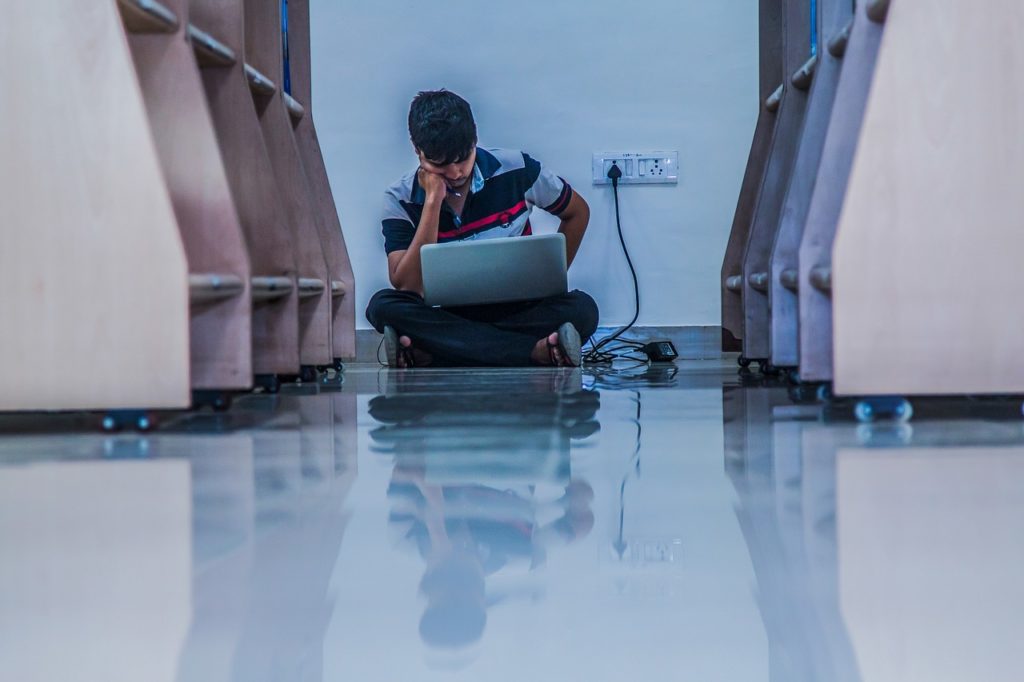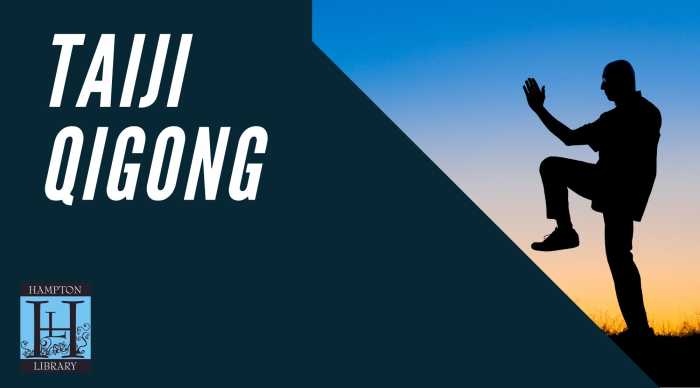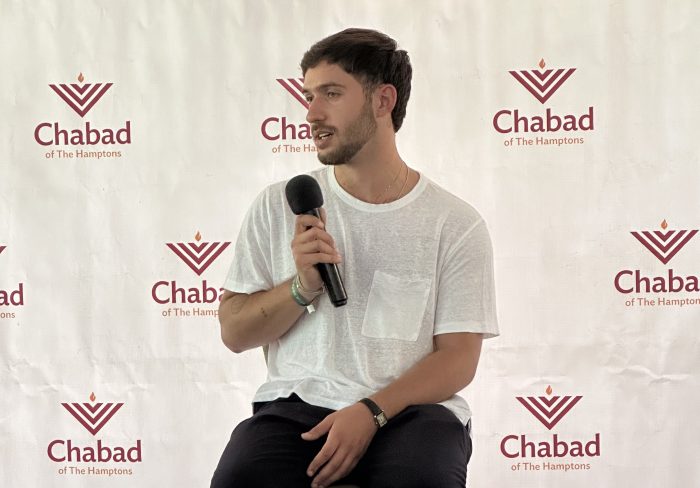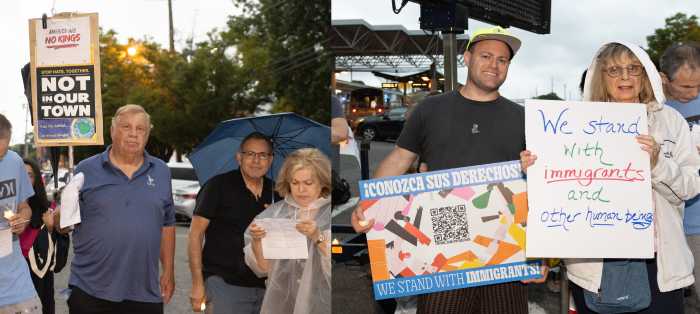Recently, schools have started monitoring student’s social media pages and cracking down on the students using the Internet inappropriately. This brings about the question of whether or not they are violating the student’s right to privacy. While schools and other institutions do have a right to look at the public posts of the students, they do not have the right to punish students for actions they take while not on school grounds.
According to an article posted on the PBS News Hour website that was written by Lisa Stark, students are getting “disciplined just for liking others posts, for private online chats that others made public, for forwarding racist posts, even in order to denounce them.” This would seem to violate the student’s right to privacy. However, on the Internet, there is no such thing as privacy. If the students post something on social media and does not set the settings to private, then everyone has a right to look at it. Schools are doing this because they believe earlier identification of troubling posts can help stop problems from occurring on schools grounds.
While security is of course of paramount importance for school settings, we must be careful not to infringe on student’s lives. While a student is on school grounds, there is no question that they should be held to the code of conduct that exists at that school, but when school is out, the students become private individuals. What they do outside of school during their free time is none of the school’s business. To punish the kids for violating school conduct rules while outside school makes no sense. It’s like punishing a man in Canada for violating a law in the United States. That would never happen.
However, if the schools do find evidence of a serious threat, then that changes things. According to an article by Darian Somers published in U.S. News & World Report, colleges have started looking at applicant’s social media pages and have started rescinding offers due to the content of the posts. The school has a right to rescind its offer for any reason, including social media posts. However, once the individual is accepted to the institution, college administrators no longer have the right to act based on social media information. If the school does receives a tip of a significant threat, then the issue of privacy becomes one for the police and not the school. The police have the power and the authority to breach the privacy of the students and act on the information gathered within. The school has no such power. Issues of physical security belong exclusively to law enforcement. If the school finds an issue with a student, then they should refer that issue to the police.
There must be a balance between security and privacy. In today’s connected society, the seemingly prevalent threat of harm is one that we tend to over inflate. I’m not saying such concerns are not valid, but at the same the threat is not nearly what people think it is. We must not let the fear of a potential threat lead us to infringe on student’s rights.
—Morgan Abrams
































